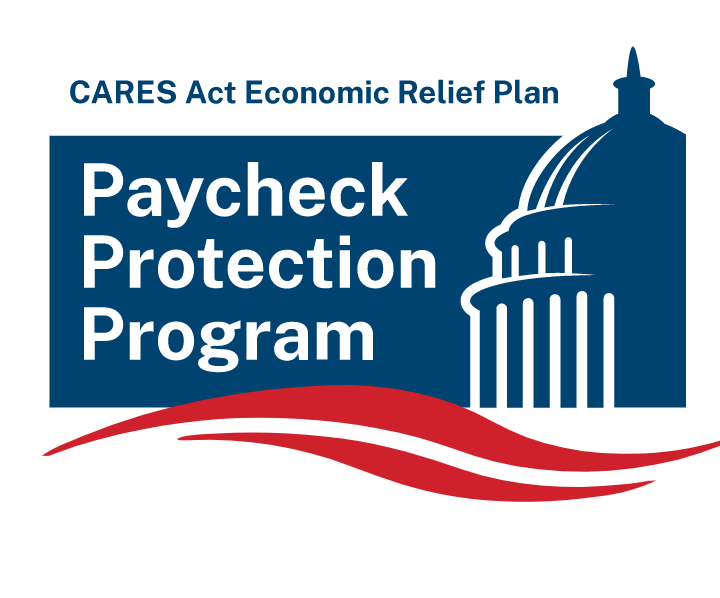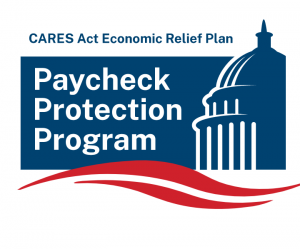

FundingCircle
As the country grapples with the economic losses caused by COVID-19, small businesses have taken numerous blows – from limited bank assistance to backed up federal loans. For many minority-owned businesses, especially Black entrepreneurs, the consequences are more crippling as racial disparities and historic barriers shape their access to relief funding. Recently, the Koppelman School of Business invited three experts to give insight on discrimination in the marketplace and offer some solutions in dismantling the systemic challenges minority-owners face.
“We see that there was a big divide between Wall Street and Main Street. It exposed deep inequities in wealth creation and access to capital for communities of color,” said guest-speaker Danette Hyatt-Sullivan, a Business Support Development Officer from Carver Federal Savings Bank.
For Carver, a local financial institution that is managed predominantly by people of color, serving underbanked communities is one of their top priorities. Throughout the pandemic, they’ve lent their services to Paycheck Protection Program (PPP) applicants from New Jersey and Connecticut – amassing $35 million in loans that saved approximately 3,600 jobs. To take on the needs of all small business owners who came through their doors and rang up their phones, Carver partnered with local organizations like The Brooklyn Navy Yard.
“We had a lot of banks that were only doing this loan for their customers. Even, with that being said, there are banks that weren’t doing loans for their customers – they started at the top and worked their way down. So by the time they get to those smaller business owners, there was nothing left,” said Hyatt-Sullivan.
Though minority-owned businesses make for 29.3 percent of all U.S. firms, racial profiling by loan officers has continued. As a study from the Federal Reserve Bank of New York revealed, from February to April, Black businesses were forced to close their doors twice as fast as small businesses generally do. Many researchers have attributed these closures to the prioritization banks have for their regular customers. However, through his research on discrimination in banking customer service, Jerome Williams, the Business Prudential Chair at Rutgers University, found that White male clients were given preferential treatment.
“So that’s really important because a lot of these minority-owned businesses are in minority communities, where many times they may become the lifeblood of that community. And so, access to credit is critical,” said Williams.
Back in 2010, Williams and his colleagues began their studies by recruiting both Black and White male small business owners in New York City to describe their loan application process. Using the ZMET technique, a marketing tool that asks participants for visual metaphors of their experience, Williams found a common trend. Both demographics thought the process was relatively difficult, but their outcomes differed. While a White male tester likened his access to resources and aid as “a drinking fountain,” a Black male referred to his financial loan institution as a leaking faucet.
“To me again, it means that when you go to these lending establishments, even when they say, ‘Okay, we are going to lend you this money and whatever,’ they drip the money out. They don’t open the faucet, you know? They’re not trying to fill your glass in – they’re going to drip that money out to you,” said the Black participant in an interview with Williams.
Eventually, the project extended to video recordings of “pre-application tests,” where male participants wore a hidden camera under their lapel to capture their inquiry about a loan with a banker. In one clip, a Black loan shopper named Pete was immediately asked by the front desk to come back with three years of taxes and personal financial statements for the year. On another tape, a White shopper was invited by a loan advisor to sit down and chat about his publications company.
“Now if all things being equal – if there was no differential treatment, no discrimination – we should’ve gotten the same type of results when we sent in the Black shopper and the White shopper to apply for a loan,” said Williams. But, as it was discovered through follow-up data, “there was always preferential treatment for the majority shopper in these types of tests.”
Williams and his partners sent minority male shoppers who were “on paper more creditworthy than the White shopper,” which should have entailed higher chances of loan funding. Despite this change, the results were the same – minority owners were often given inadequate service.
As COVID-19 has led many businesses to rely on PPP, the research has evaluated whether bankers have shared general information about the federal program. What came from the study, which included female small business owners, was another discrepancy – sex inequality. While both White and Black males received more general loan information, females participants did not. About 82.1 percent of White males were given details, but 60 percent of Black female constituents were not. Furthermore, with the loss of in-person consultation, Williams has noticed a trend of linguistic profiling.
“There’s a lot of research that suggests even if you have a Black sounding name that works against you. Or even if you have a Black sounding voice, that works against you,” said Williams.
Though dismantling racism and sexism in banking may be a long time coming, local institution Carver advises minority and women business entrepreneurs with financial education. “Learn how to make your money work for you. Give your money a job. If you’re always a consumer – money is leaving your hand to go into somebody else’s,” said Kendel Campbell, Assistant Branch Manager at Carver in Crown Heights. Knowing how to run your business, from tax filing to managing payroll, is to have an advantage in understanding how funding works – giving you a leg up against barriers in the marketplace that aim to work against you.
